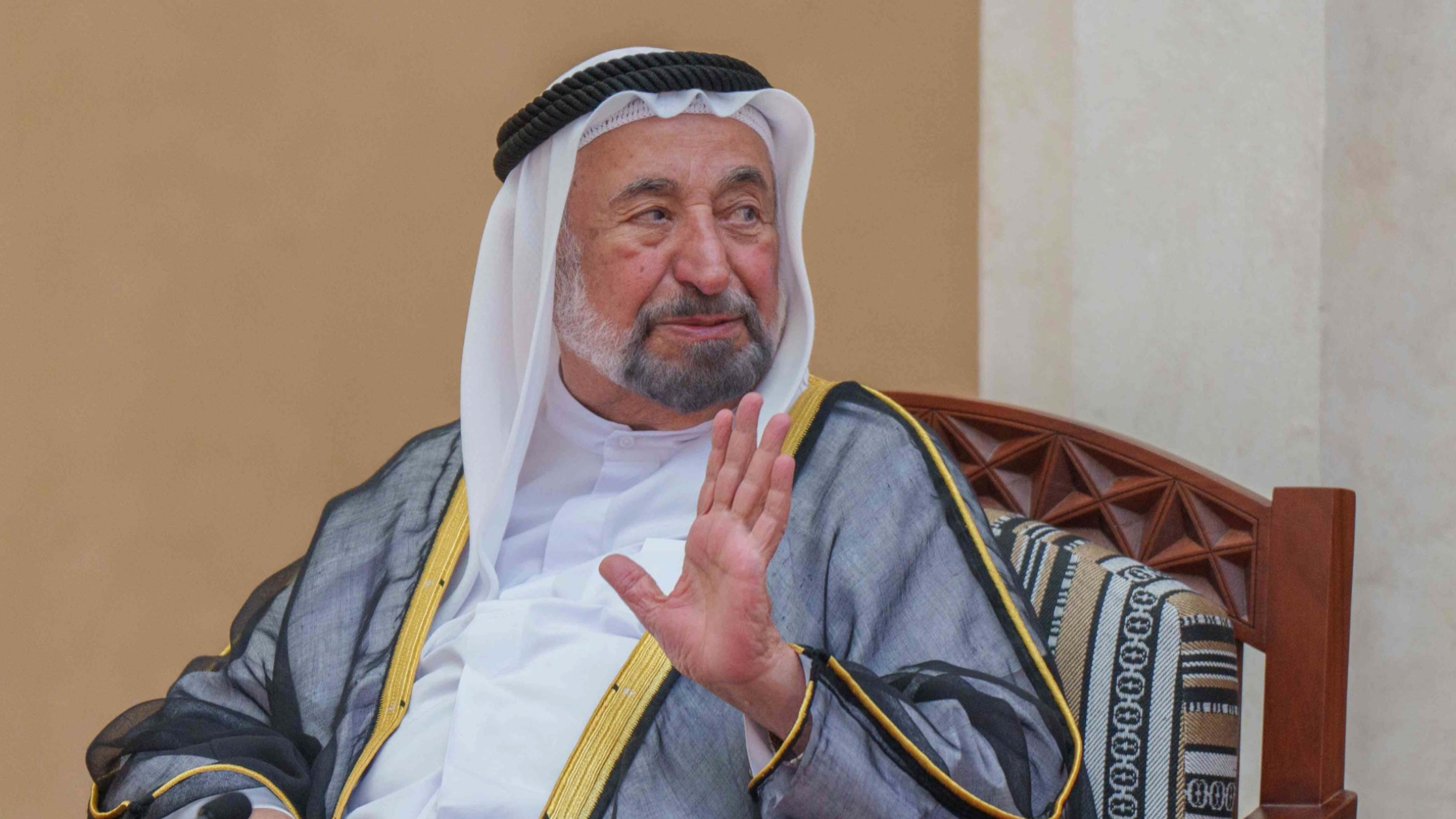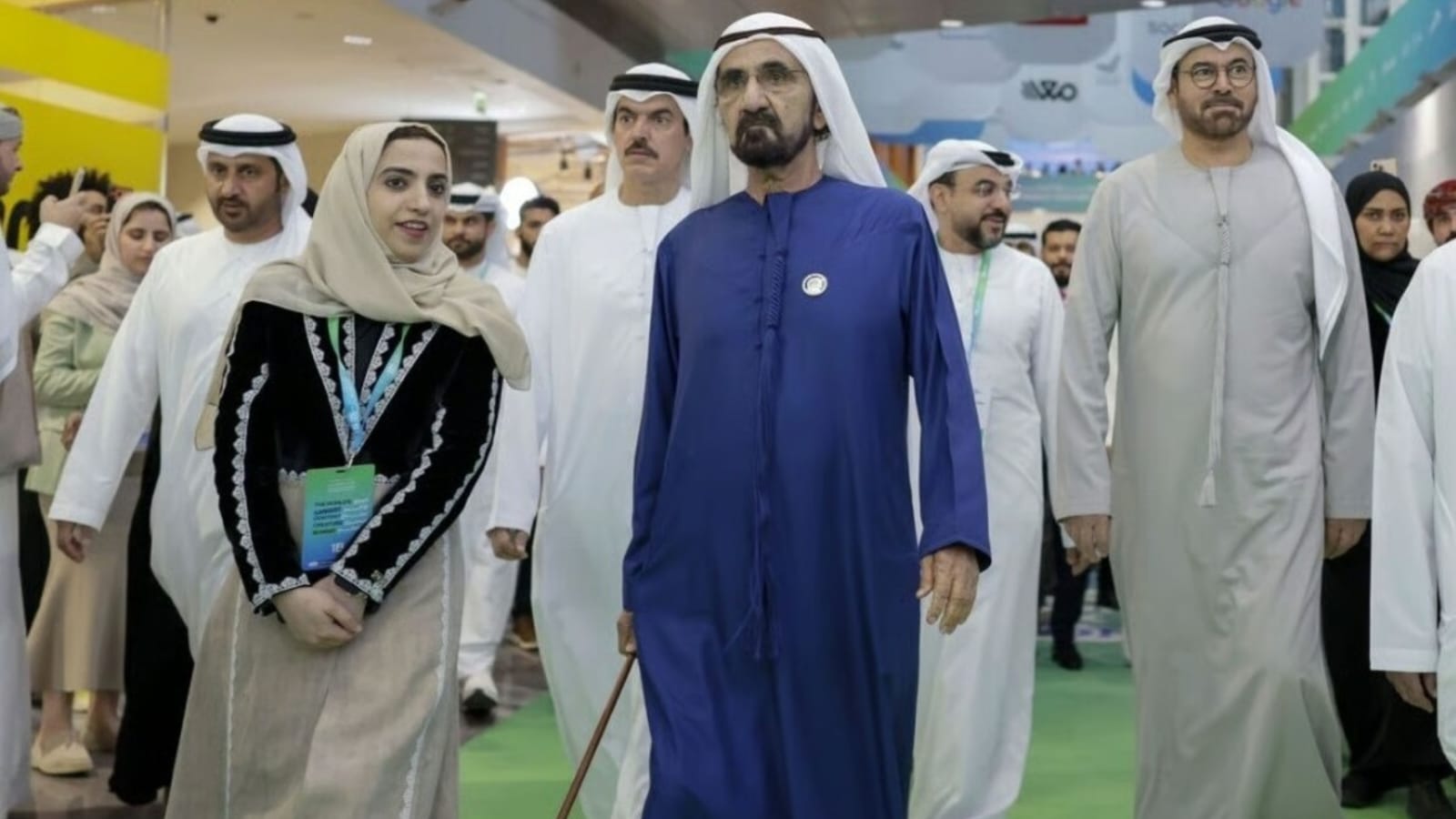Sheikh Sultan Issues New Sharjah Law Transforming Human Resources Governance

His Highness Dr. Sheikh Sultan Bin Mohammed Al Qasimi, Ruler of Sharjah, has announced a landmark decree-law that redefines human resources management across all government entities in the emirate. This major legislative reform introduces a unified governance model that applies to all Sharjah government employees, including those working in agencies that previously operated under their own human resources regulations. The law reflects a forward-looking vision designed to ensure fairness, improve operational efficiency, and strengthen the emirate’s workforce governance in alignment with modern human resources standards.
Under this new law, government entities are required to provide the Sharjah Department of Human Resources with comprehensive employee data, including salary details and other essential records, through officially approved electronic platforms. This requirement ensures greater transparency, consistency, and accuracy in managing public sector workforce information, supporting evidence-based decision-making and efficient administration.
Vision and Purpose of the New Human Resources Law
The introduction of this law demonstrates Sheikh Sultan’s dedication to modernizing Sharjah’s public administration to meet the evolving needs of society and the workforce. The law aims to keep pace with global advancements in human resources practices, creating a dynamic and inclusive work environment that benefits employees, government institutions, and the community.
This legislative initiative serves as the foundation for future regulations that will provide further detail on various aspects of human resources governance. It supports Sharjah’s strategic objective of building a high-performance government sector rooted in fairness, professionalism, and accountability. By prioritizing transparency and equity, the law sets a new benchmark for human resources governance in the region.
Centralized Role of the Department of Human Resources
The law mandates that all government agencies submit critical employee data to the Sharjah Department of Human Resources using secure and approved electronic systems. This centralization of information is intended to streamline administrative processes, enhance workforce planning, and support the development of policies that align with the emirate’s vision for public sector excellence.
By consolidating human resources information, the Department of Human Resources will be better equipped to oversee recruitment, promotions, training, and performance evaluations. The department’s strengthened role ensures consistency across government entities, creating a fair and unified framework for managing the emirate’s workforce.
Formation of the Supreme Committee for Human Resources
A major component of the new decree-law is the establishment of the Supreme Committee for Human Resources within the Sharjah Executive Council. This permanent body will play a vital role in shaping and implementing human resources policy across government agencies. The Executive Council, in consultation with the Department of Human Resources, will define the structure, membership, and operational mechanisms of the committee.
The committee is entrusted with key responsibilities, including studying and interpreting human resources legislation, providing opinions on matters referred by the Ruler, the Council, or the Department, and reviewing grievances and complaints submitted by government employees. It will submit recommendations to the Executive Council after conducting thorough assessments in accordance with bylaws. The Supreme Committee will also take on additional tasks assigned by the Executive Council, making it a central pillar in Sharjah’s human resources governance.
Key Provisions and Governance Reforms
The law introduces extensive legal provisions aimed at creating a cohesive and effective human resources system for Sharjah’s government sector. Among these is the implementation of a standardized organizational structure and job classification system that ensures clarity in roles, responsibilities, and career pathways. The law prioritizes the appointment of UAE citizens and the children of female citizens to government positions, underlining Sharjah’s commitment to national workforce development.
Non-citizens may be employed on contractual terms in accordance with conditions set out in executive regulations. This balanced approach promotes inclusivity while ensuring that employment practices align with the emirate’s broader development goals.
The decree-law also outlines clear standards for recruitment, employee training, professional development, and performance evaluation. These measures are designed to foster continuous learning and career growth while ensuring that promotions and rewards are based on merit. The law provides detailed guidance on working hours, leave entitlements, secondments, transfers, loans, and overtime compensation, supporting a work culture that values fairness and employee well-being.
Promoting Job Discipline and Ethical Conduct
A key feature of the new human resources law is its focus on job discipline and ethical conduct within Sharjah’s government sector. The law defines mechanisms for monitoring compliance with workplace standards, investigating administrative violations, and addressing misconduct. It outlines the processes for imposing administrative penalties, managing grievances, and handling appeals, ensuring that all employees are treated fairly and equitably.
The legal framework also specifies procedures for conducting investigations, administering penalties, and determining the expiration of violations. It addresses end-of-service benefits, the validity of delegated authority, and final enforcement provisions. These measures collectively aim to build a culture of integrity, accountability, and responsibility across Sharjah’s government institutions.
Supporting Workforce Development and Performance
The law’s provisions related to employee training, qualification, and performance evaluation highlight Sharjah’s commitment to continuous professional development. By providing clear guidelines for skills enhancement and career advancement, the law ensures that government employees are equipped to meet the challenges of a dynamic and evolving workplace.
The framework supports the emirate’s ambition to create a public sector that attracts and retains top talent, promotes innovation, and delivers high-quality services to the community. Through performance-based promotions, transparent evaluation systems, and opportunities for growth, Sharjah aims to build a government workforce that embodies the highest standards of professionalism and excellence.
Advancing Governance Through Transparency and Efficiency
The introduction of this human resources law reflects a broader strategy to strengthen governance through transparency, efficiency, and technological integration. By requiring government agencies to adopt approved electronic systems for data sharing and management, the law positions Sharjah at the forefront of smart governance.
This digital transformation ensures that human resources processes are streamlined, secure, and aligned with the emirate’s vision of a modern, high-performance government. The centralization of data and standardization of practices support more effective policy-making and enable the Department of Human Resources to monitor and guide workforce development initiatives across all government entities.
Strengthening National Development Through Human Resources
By aligning human resources governance with the emirate’s national development objectives, the law reinforces Sharjah’s role as a leader in public sector reform and innovation. The focus on empowering citizens, ensuring equitable employment practices, and promoting accountability supports Sharjah’s broader goals of social inclusion, sustainable growth, and community well-being.
The new legal framework lays the foundation for a government sector that is responsive to the needs of its people, committed to continuous improvement, and capable of delivering on Sharjah’s ambitious vision for the future.








2 Comments
[…] Federal National Council (FNC) of the United Arab Emirates convened a special session titled “UAE-European” on Monday. Chaired by FNC Speaker Saqr Ghobash, the session took place at Zayed Hall in Abu […]
[…] agreement for implementing the new records system was formally signed by Sheikh Khalid Bin Ahmed Bin Sultan Al Qasimi, Chairman of Sharjah Archives, and Sheikha Jameela Bint Mohammed Al Qasimi, Chairperson of SCHS. […]
Comments are closed.